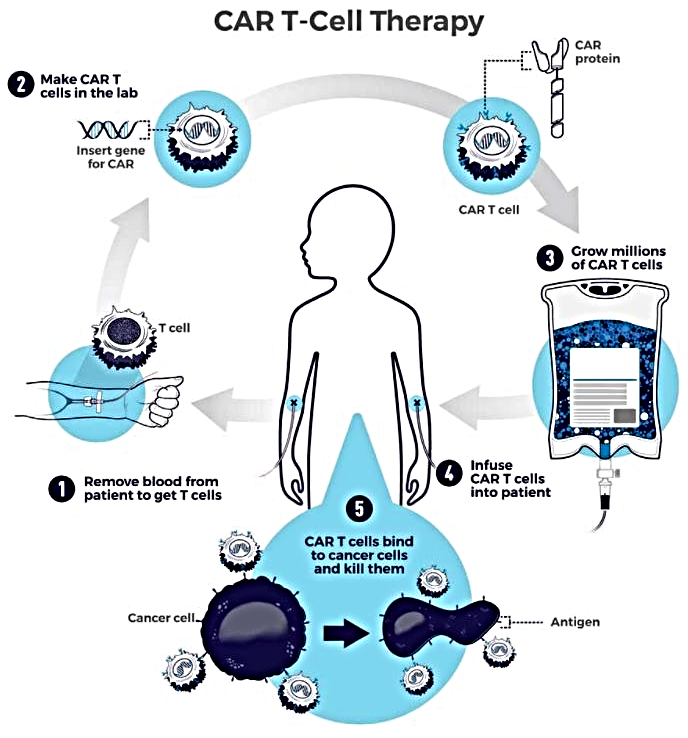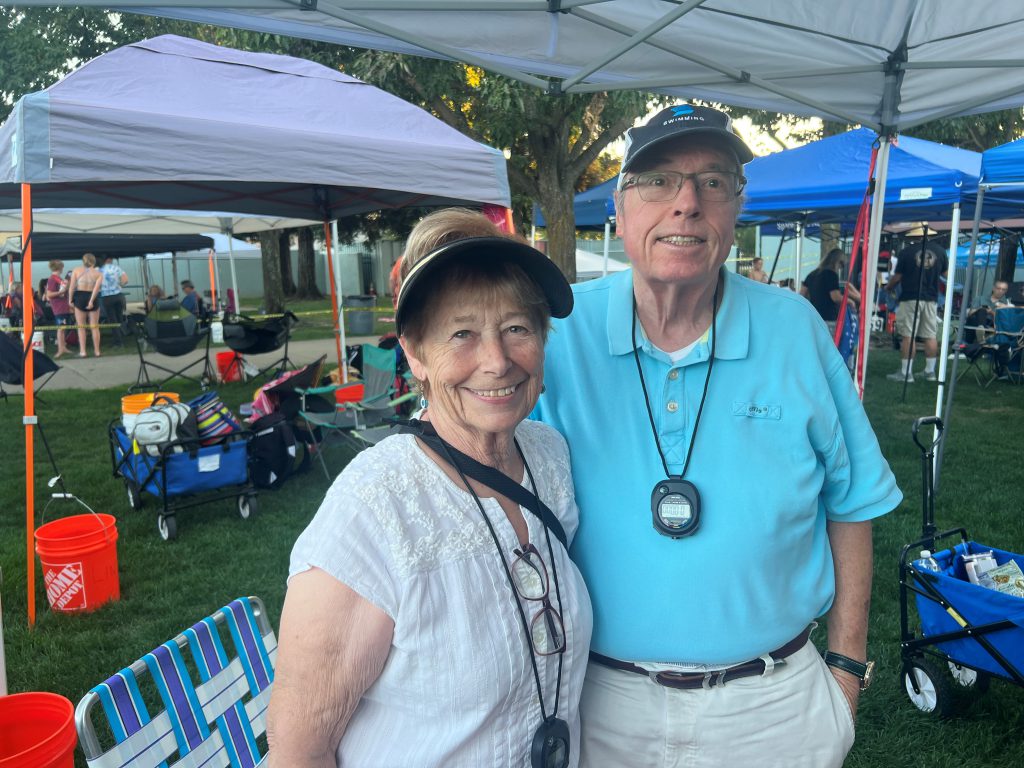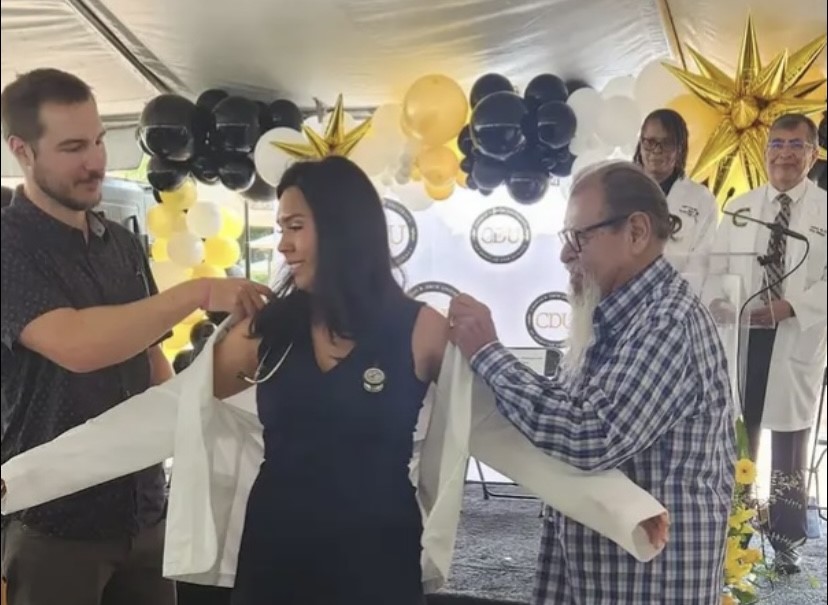Dinu Morar was a 63-year-old grandfather enjoying a full, healthy retirement in Lincoln, Calif., when he received a diagnosis of lymphoma. He underwent years of chemotherapy, radiation therapy, a stem cell transplant and targeted anti-cancer therapy, but the blood cancer returned.
Fortunately, the availability of an innovative treatment called CAR T-cell therapy—a new approach to treat patients with leukemia, lymphoma and myeloma—is offering hope for patients like Morar. On March 15, Morar became the first patient to receive this new treatment option at Sutter Medical Center, Sacramento … and it is giving him another new lease on life.

Dinu Morar’s hematologic oncologist, Dr. Elias Kiwan, says: “His story illustrates how clinical operations integration at Sutter provides patients complete care for complex illnesses and also extremely rare conditions … .”
“Even after my first infusion of this treatment, I feel boosted by a new opportunity to heal from cancer and be more fully able to enjoy life with friends and family,” Morar says.
Sutter Medical Center, Sacramento is the first non-academic hospital in Northern California to offer this new type of immunotherapy to patients with blood cancers. Soon it will be available at other care sites in Sutter Health’s integrated network, including Alta Bates Summit Medical Center.
“This cutting-edge treatment helps give patients new hope in the fight against blood cancers, including individuals with incurable types of these illnesses,” says Dr. Rajesh Behl, medical director of Alta Bates Summit Comprehensive Cancer Center and chairman of Sutter’s Hematology Malignancy Program of Oncology Distinction. “It is an innovative approach that prompts the patient’s immune cells to fight cancer, offering promise of success where other treatments have failed or when the cancer has become resistant to therapy.”
Attacking Cancer Cells by Harnessing the Immune System
CAR T-cell therapy works by isolating immune cells known as T cells from the patient’s body. Then, researchers use a virus to genetically engineer a synthetic receptor — known as a CAR, or chimeric antigen receptor — onto the T cell’s surface. This CAR can bind to a specific target, in this case a protein found on specialized immune cells, and it can activate the T cell to kill any cell bearing this target.

Graphic by Cancer.gov
Results seen in patients after CAR T-cell therapy and recently published in high-impact medical journals like Nature are a landmark scientific achievement for a field that has experienced significant advances since the first patients were treated a decade ago. Currently, CAR T-cell therapy is U.S. FDA-approved as the standard of care for some forms of relapsed or refractory non-Hodgkin lymphoma, multiple myeloma, and adult and pediatric relapsed B-cell acute lymphoblastic leukemia (ALL), and it is available through clinical trials for other forms of blood cancer. The FDA first approved CAR T-cell therapy in 2017.
While some patients treated with CAR-T therapy have eventually experienced a relapse of cancer, enduring responses have been seen in others. Morar has responded well to treatment, and doctors at Sutter will continue monitoring his progress in the coming months.
“We are thrilled to have been able to collaborate and problem-solve with multidisciplinary experts across Sutter’s integrated network on behalf of our patients,” says Morar’s hematologic oncologist, Dr. Elias Kiwan, medical director of Cellular Therapies at Sutter Medical Center, Sacramento. “His story illustrates how clinical operations integration at Sutter provides patients complete care for complex illnesses and also extremely rare conditions where diverse expert perspectives and coordinated clinical service lines are invaluable.”
Do you or someone you love need treatment or support for blood cancers like leukemia, lymphoma and myeloma? Find information and connect with a specialist.





